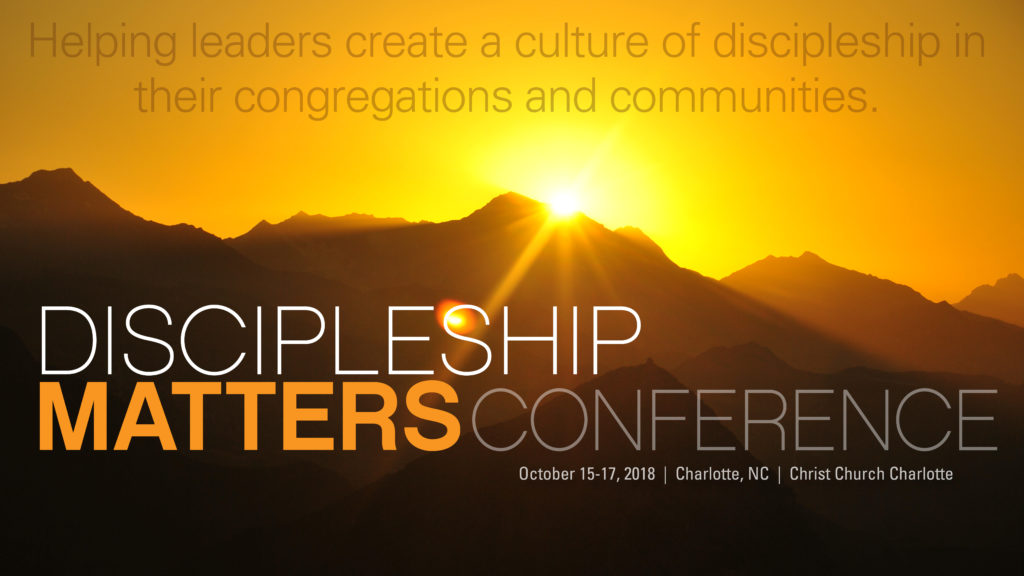|
Some of the greatest hits of the Book of Job: Job 1:21 Job 5:7 Job 5:9-13 Job 19:25-26 Job 23:10 Job 38:1ff Job 40:1-5 |
If I were to say, “You must feel like Ezra, Nehemiah or Ezekiel,” I’m betting most folks would have little idea what I meant, no idea who these biblical characters were. But I’ve discovered over the years, in all kinds of situations, that if I say: “You must feel like Job,” people know exactly what I’m talking about.
Biblical literacy may be sliding in our culture, but Job remains a character with whom many people identify. Even if we don’t know all the particulars of Job’s story, the challenge of why bad things happen to good people surrounds us, whether we’re watching the news or hearing the stories of neighbors or listening to those sitting across from us at the dining room table or reflecting on our own lives.
Alfred Lord Tennyson described the Book of Job, the 19th book of the Bible, as the greatest poem of ancient or modern times. We’re reading it these days in the Daily Lectionary found in the Book of Common Prayer. (If you want to hear some of it, find a local church offering Morning Prayer on a daily basis.) The book is bracketed by brief narrative passages describing how Job got into his predicament and then how he got out of it. But in the middle, the guts of the book, we find poetry that so moved Tennyson and others, conversations between Job and friends, then conversations between Job and God.
The three friends go down in biblical history as profiles in discourage. They start out okay, sitting in silence for seven days with their beleaguered friend, a commendable ministry of presence. But after a while they can’t take the silence any more. They open their big mouths, which often gets us in trouble. They offer advice and explanations. “Your suffering is your fault.” “Your suffering is your children’s fault.” “You should have done something different.” These friends reveal the difficulties we have when we encounter suffering. We wish to make sense of it all. We nervously want to find an explanation. Basically, we talk too much.
I’ve been helped in reflection on the mystery of suffering by a teacher, J. Christiann Beker who wrote a short book entitled Suffering and Hope: The Biblical Vision and the Human Predicament. Dr. Beker, a theologian and biblical scholar, wrote from the perspective of his time in a slave camp in Holland during World War II. He claims no tidy answers to ancient questions. He notes that the Bible speaks in varied voices on the problem of evil. Sometimes suffering can be explained. Sometimes not. Sometimes it’s the result of human activity. Sometimes it can be redemptive. Often, it is simply mystery. In all of it, Beker affirms that, in the end, love wins. Hence the hope. It’s a call to faithfulness when life makes little sense. Have you ever needed to answer that call?
I’ve been told that in the face of inexplicable suffering, we’re called to withstand when we can’t understand. We’re called to proclaim when we can’t explain. Our withstanding proclamation can best be summed up for me in the language of Paul’s letter to the Romans: Nothing can separate us from the love of God. Another mentor offers this slightly gloomy assessment: Suffering is the promise life keeps. In a culture that seeks to numb us to the effects of pain, to put it at a distance, to rationalize it, our faith calls us to face the rigorous truth that pain comes to each of us, and that God is present with us in that challenge.
As our church reads these days from the Book of Job, grapple with the notion that God is present with us in the suffering we face. Can you believe that? See if you can hold on to the promise that love wins. And if you have a friend who is suffering in some way, great or small, you don’t need to say a lot. But it sure would be great if you could show up.
-Jay Sidebotham
P.S. The Early Bird discount to register for the Discipleship Matters Conference expires on Aug 31st! Register now and join us for an enlightening conversation about discipleship and spiritual growth
 Contact:
Contact:
Rev. Jay Sidebotham
jsidebotham@renewalworks.org
RenewalWorks is a ministry of Forward Movement.
www.renewalworks.org


